Zientzia hedabideetan
-

Most gay and lesbian researchers are out in the lab
Lesbian, gay, bisexual and transgender (LGBT) scientists feel more accepted in the workplace than their peers in other professions, a US survey suggests. The study, published in the Journal of […]
-
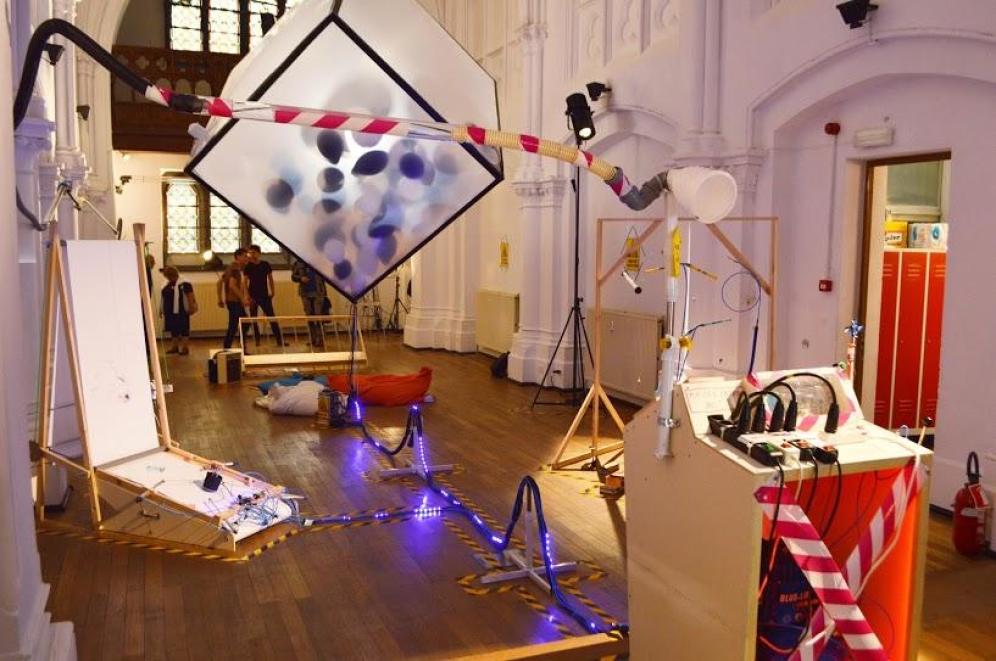
¿Aire en vez de electricidad? Así sería el mundo de la computación neumática
Aún andamos algo lejos de tener un ordenador que realiza operaciones con válvulas, pero eso no quita que podamos imaginar cómo funcionaría si por sus entrañas circularan corrientes de aire.
-
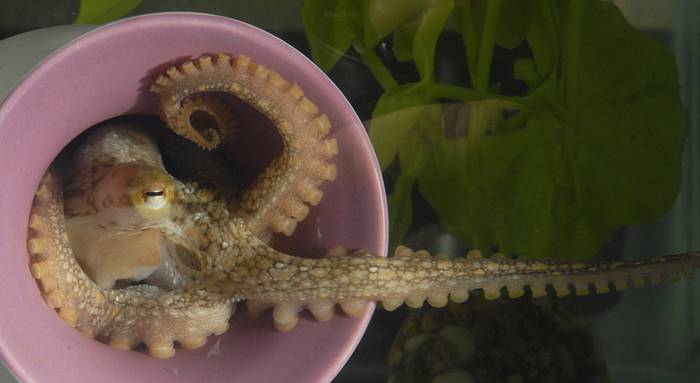
Olagarroen konplexutasunaren gakoak haien genoman
Olagarroaren genoma deskodetu du nazioarteko ikerketa-talde batek, eta animalia horien konplexutasuna ulertzeko hainbat gako aurkitu dituzte. Gaur argitaratu dituzte emaitzak Naturen.
-
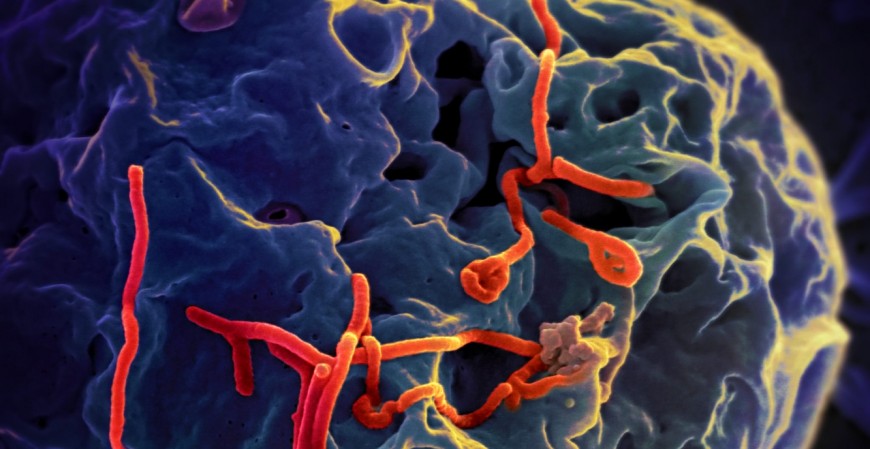
Los monos titís enseñan a “hablar” a sus crías
Un equipo documenta por primera vez cómo un grupo de primates enseña patrones de vocalización a sus crías. Algunos biólogos consideraban que era una capacidad exclusiva de los humanos.
-

For Evolving Brains, a ‘Paleo’ Diet Full of Carbs
A new report suggests that our ancestors were able to fuel the evolution of our oversize brains by incorporating cooked starches into their diet.
-

Dali’s reinterpretation of Rembrandt’s Self-Portrait
Some of the ways in which Dali made old art new, while preserving the original image in his reinterpretation.
-

World food supply at growing risk from severe weather
Weather-related crop disasters will become more likely with climate change, warns a detailed report released today by the Global Food Security (GFS) program, a network of public research funding agencies […]
-
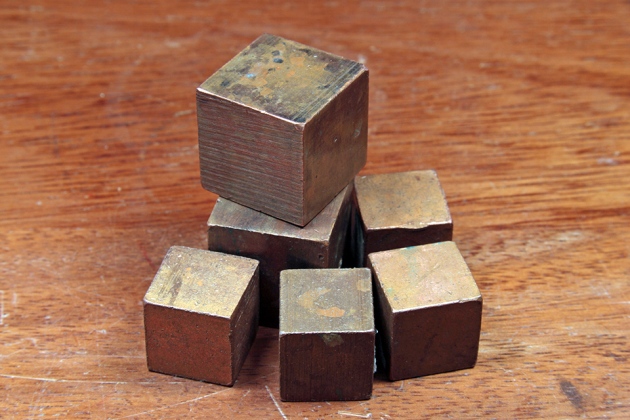
Metal ez-magnetikoak magnetiko bihurtu dituzte
Berez magnetikoak ez diren metalak magnetiko bihur daitezkeela erakutsi dute Leeds Unibertsitateko ikertzaileek, gaur Naturen argitaratu duten lanean. Kobrea eta manganesoa magnetiko izatea lortu dute, molekula organikoekin konbinatuz. Magnetismoa ahula […]
-
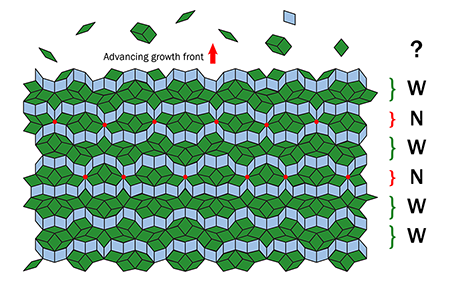
Watching Quasicrystals Grow
In situ high-resolution transmission electron microscopy has been used to witness quasicrystals in the act of growing.
